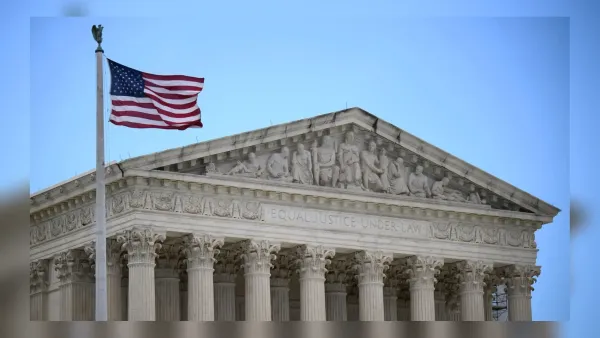It limited the power of lower courts to issue nationwide injunctions, a legal tool earlier used by the courts to limit enforcement. However, this does not solidify the attempt of the Trump administration to scrap birthright citizenship; it only means that the executive order will be revisited in the lower court again. So the ultimate fate of the policy remains uncertain.
What is Birthright Citizenship?
"All persons born or naturalised in the United States and subject to the jurisdiction thereof, are citizens of the United States," 14th Amendment to the US Constitution. It grants automatic citizenship to the children born within the US jurisdiction. This was done especially to ensure that Black people, including former slaves, had citizenship.
What is the Executive Order?
Executive Order 14160, signed by US President Donald Trump, aims to end automatic citizenship granted to the children born in the US to undocumented migrants and temporary visa holders. Multiple lower courts quickly issued injunctions to block the order. However, Thursday's Supreme Court ruling limits the scope of such injections issued by the lower courts.
What is next?
Democratic leader Chuck Schumer wrote in a post on X, "an unprecedented and terrifying step toward authoritarianism, a grave danger to our democracy, and a predictable move from this extremist MAGA court."
Trump called it a "monumental victory for the Constitution," the separation of powers and the rule of law.
The Justices agreed that courts were issuing orders that overreach to everyone instead of the parties involved in the court. There had been 40 such orders since Trump took office for his second term.
The court's ruling gives a 30-day grace period for the enforcement of the policy. It is up to the lower courts how they interpret the ruling and tailor their orders to comply with it. But jurisdictions without any active challenge will be able to enforce the policy. Justice Sonia Sotomayor, a liberal Justice of the Supreme Court, warns that this justice will result in a patchwork of citizenship. This will lead to a "fractured identity of citizenship" between the 22 states that sued and the rest of the country. So the rights of a newborn will vary within the country depending on the zip code.
